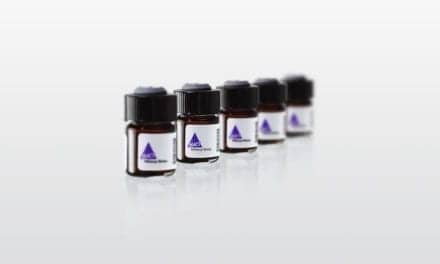Medical Diagnostic Laboratories, Hamilton, NJ, a CLIA-certified, CAP-accredited laboratory specializing in high-complexity DNA-based molecular analyses, has launched a new line of urology testing, available through Uroveda Institute of Urogenital Diseases. The testing blends DNA-based molecular testing with traditional pathology and cytology tests to aid in diagnosing or screening for urologic conditions.
Medical care costs for urologic diseases in the United States neared $11 billion in 2020, according to the National Institutes of Health (NIH). Urologic malignancies such as prostate, bladder, and renal cancers present challenges in diagnoses, treatment decisions, monitoring, and recurrence testing. Prostate, bladder, and renal cancers rank second, seventh, and ninth, respectively, in the top 10 cancers in the United States based on new cancer cases.
Hereditary cancer genetic testing may confirm a diagnosis and help guide treatment and management decisions. Identification of a disease-causing variant would also guide testing and diagnosis of at-risk relatives. Prostate cancer is hereditary in 10% to 15% of cases, often due to a single inherited genetic mutation. In approximately 15% to 20% of cases, prostate cancer can be familial, with some hereditary cancer features but no detectable mutations. Pathogenic variants in multiple genes have been implicated in hereditary renal cancer.
This comprehensive menu of testing offers a unique blend of traditional laboratory tests like tissue pathology and cytology with advanced DNA-based molecular diagnostic testing for the detection of urologic pathogens implicated in urinary tract and sexually transmitted infections. Selective molecular testing platforms are specifically designed to provide healthcare providers with important diagnostic results well beyond the identification of a specific pathogen by incorporating factors such as molecular antimicrobial resistance profiles and genetic surrogate markers. Hereditary genetics panels detect the presence of genes and germline pathogenic variants associated with a hereditary predisposition to prostate cancer and renal cancer. Hereditary genetic testing may confirm a diagnosis and help guide treatment and management decisions. Identification of a disease-causing variant would also guide testing and diagnosis of at-risk relatives. Pharmacogenomic testing uses state-of-the-art next generation sequencing technology to evaluate an individual’s genetic makeup to predict how an individual responds to drugs based on their genetic variability. It provides information about genetic influences on the dosing, toxicities, and efficacy of specific drugs used in the treatment of bladder incontinence and urologic malignancies.
“This new offering through Uroveda is an all-encompassing platform where urologists can order, in addition to the standard bladder and prostate cancer cytology and histopathology requests, tests for sexually transmitted and urinary tract infections,” says urological pathologist Jonathan Epstein, MD. “Current genetic panels for hereditary prostate and renal cell carcinoma and data entry points for clinical information will assist the pathologist in the interpretation of results.”
For more information, visit Medical Diagnostic Laboratories.





